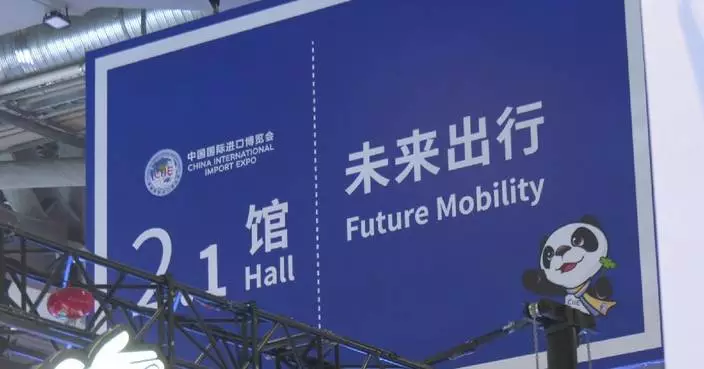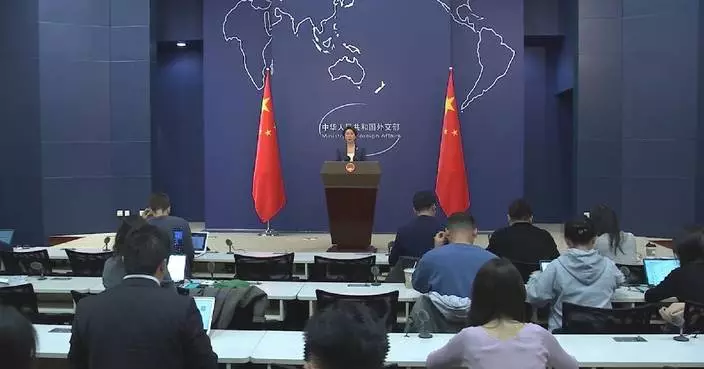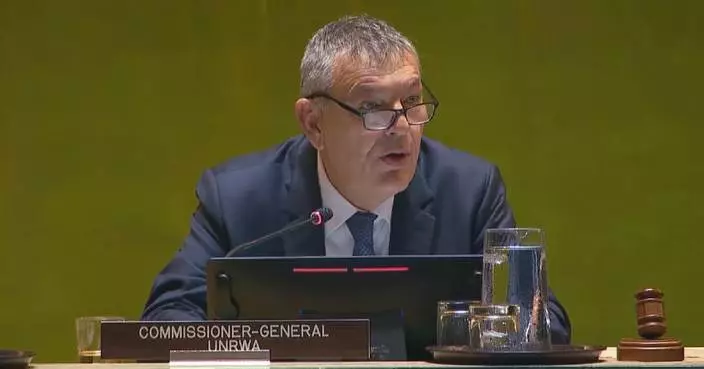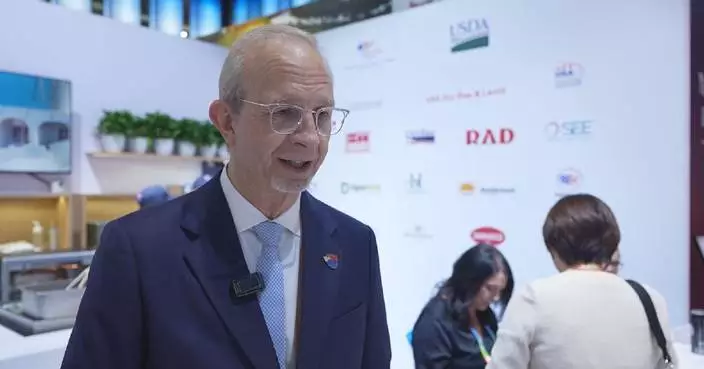China's marine ecosystems including the coral reefs are generally in good condition now, indicating that conservationists' dedicated efforts made in recent years have yielded substantial results, a senior official said on Thursday.
China on Thursday released a white paper titled "Marine Eco-Environmental Protection in China," presenting a full picture of China's ideas, actions, and achievements in marine eco-environmental protection to the international community to facilitate understanding of China's conservation efforts and advance international cooperation in this regard.
At a press conference in Beijing, Sun Shuxian, vice minister of Natural Resources and also director of the State Oceanic Administration, briefed reporters on the efforts China has made to enhance the diversity, stability and sustainability of its marine ecosystems.
"In 2020, we completed a survey of the status quo of typical marine ecosystems such as coral reefs, seagrass beds, and coastal salt marshes across the country, forming a basic understanding of the distribution and ecological status of these ecosystems, while identifying prominent ecological problems, major threats and risks. In June this year, we issued for the first time the Communique on Early Warning and Monitoring of China's Marine Ecology. The monitoring results showed that coral reefs, seagrass beds, coastal salt marshes and mangrove ecosystems are generally in good condition," said Sun.
He noted that China has also regularly conducted early-warning and monitoring of marine ecosystems in key areas and published early-warning reports to support the restoration work.
"The vast majority of mangroves, coral reefs, seagrass beds and other typical marine ecosystems have been included in the ecological protection red-line area, with strict protection implemented. Human activities that do not meet the management and control requirements or imposing serious impact on the structures and functions of ecosystems have been gradually phased out," said Sun.
"In terms of ecosystem restoration, we have actively mobilized central and local financial funds to protect and restore degraded or damaged typical marine ecosystems and help recover their services and functions," he also said.
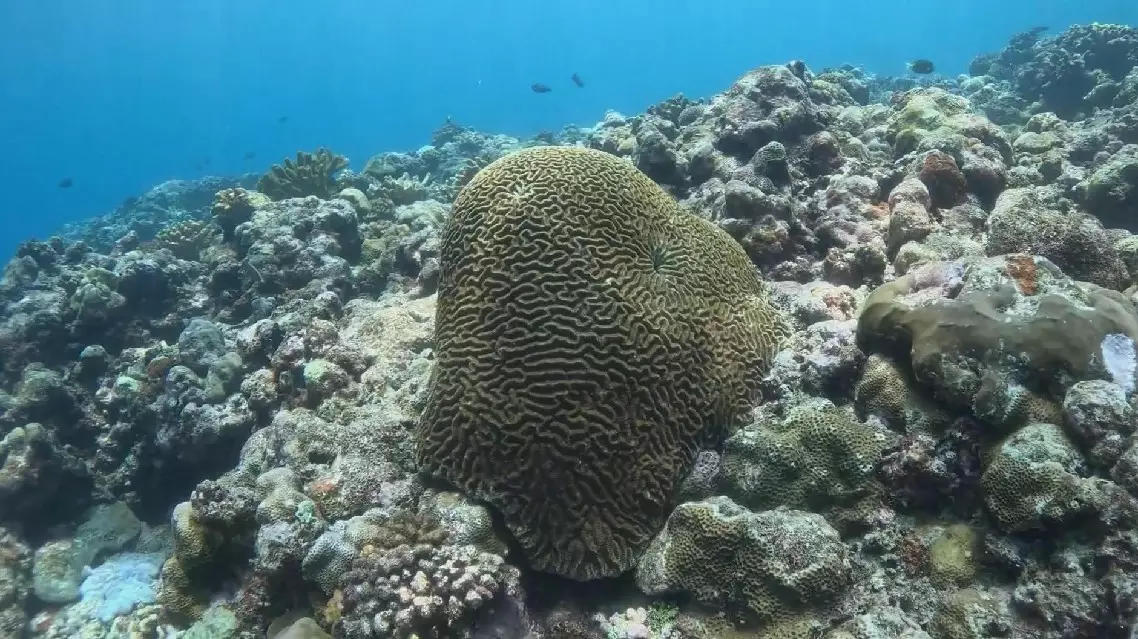
China's marine ecosystems generally in good condition: official



